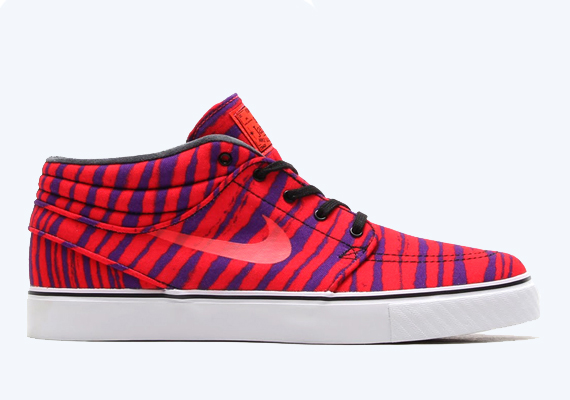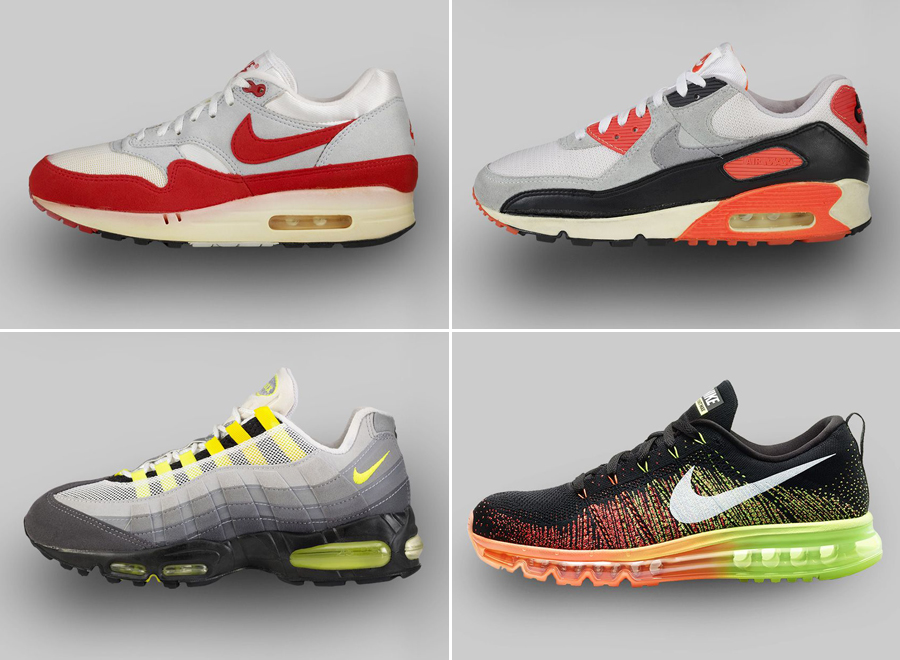
The Nike Air technology was one that had been floating around in Nike’s sole kits for years before the Air Max tooling made its debut. The brand knew that they had a cushioning platform superior to their competitors, but they just needed a way to show it off. You know the story from there: Tinker Hatfield visited the Georges Pompidou center in Paris and his revelation started a revolution. Wieden+Kennedy showed off the sneakers in the controversial “Revolution” spot and the blazing bright red sneakers started to show up on the feet of runners around the world.
Nike is celebrating the introduction of the original Nike Air Max 1 this year with “Air Max Day” on March 26th. Furthering the festivities is this history lesson, which walks readers through some of the seminal models included in the line’s long history. The timeline is skewed towards the early history of the line, but late era triumphs like the Nike Air Max 360 and the Nike Flyknit Air Max do show up. Continue reading for a complete look at this history of Air Max sneakers and then let us know which Airs you’ll wear for Air Max day this week.
Source: Nike Sportswear

Nike Air Max 1 – 1987
The one that changed everything. Mark Parker and Tinker Hatfield’s brainchild revolutionized footwear, showcasing visible Air in a striking red and white colorway.
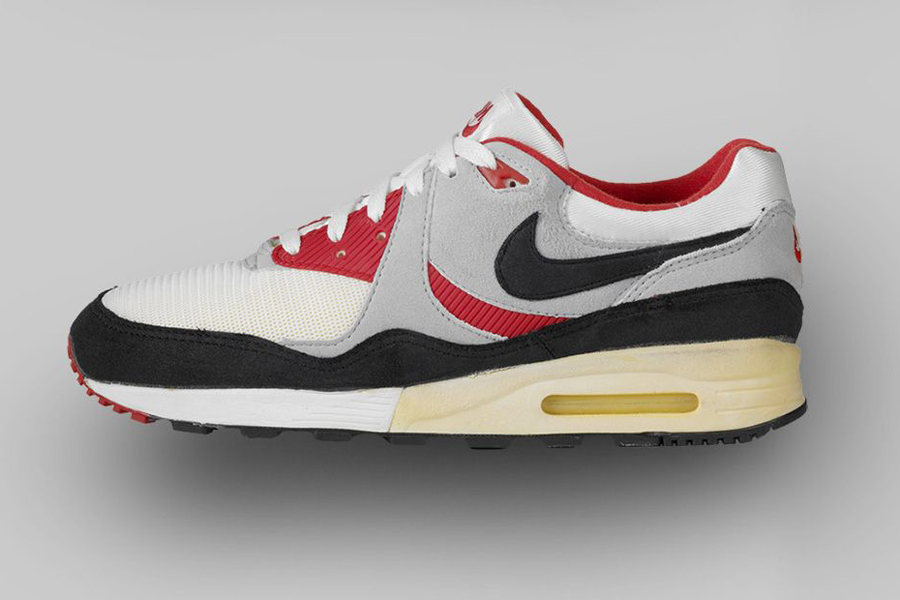
Nike Air Max Light – 1989
Lighter than its predecessor, the AM Light expanded upon signature Air Max design language while maintaining the original’s pace.
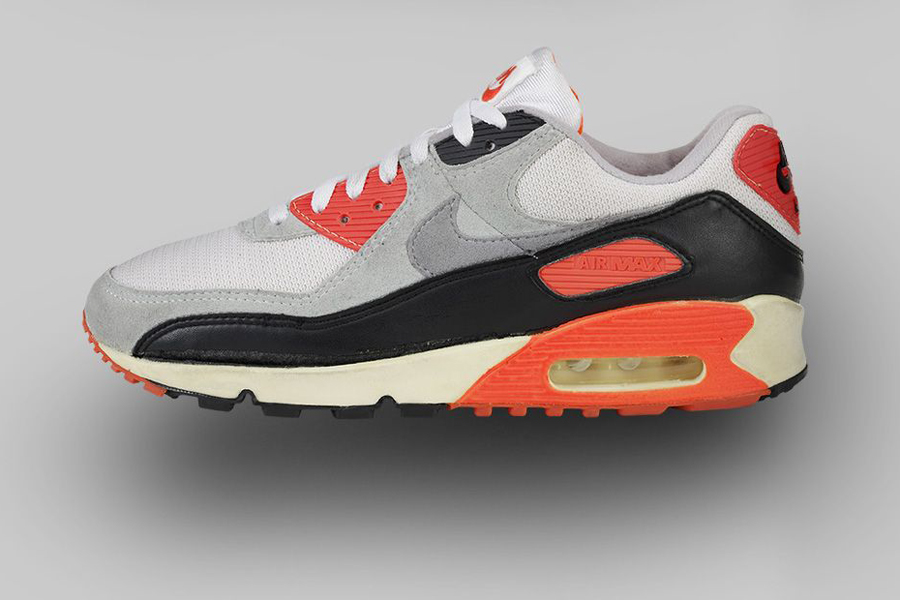
Nike Air Max 90 – 1990
Once called “Radiant Red,” the now-iconic bursts of Infrared on this design would go onto define the AM90 and birth its own legend.

Nike Air Max 180 – 1991
How do you fit more Air into a running shoe? Start at the bottom – literally. The AM 180 displayed 180 degrees of visible cushioning beneath the midsole.
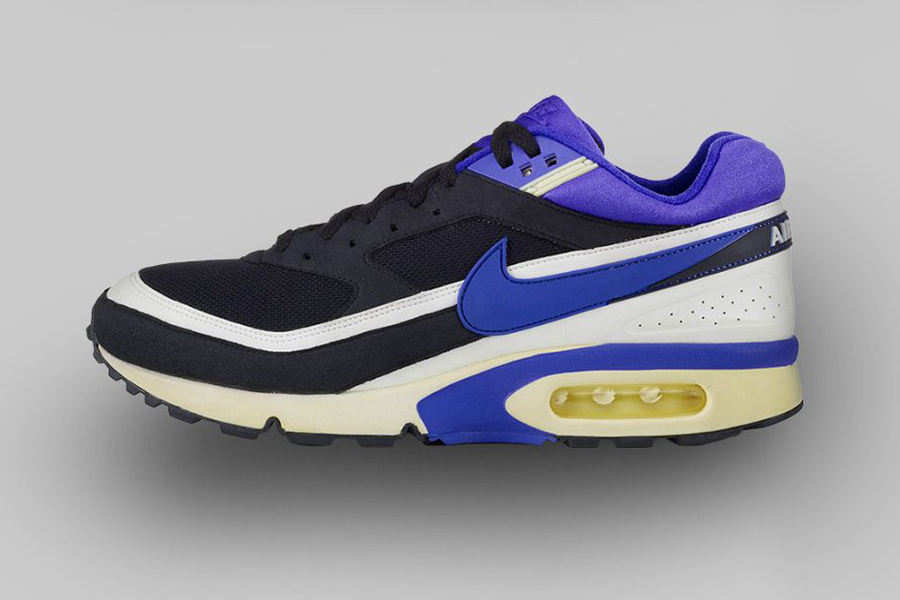
Nike Air Max BW – 1991
Big window. Bigger impact. The AM BW delivered more visibility, more padding, and more Air than ever before.
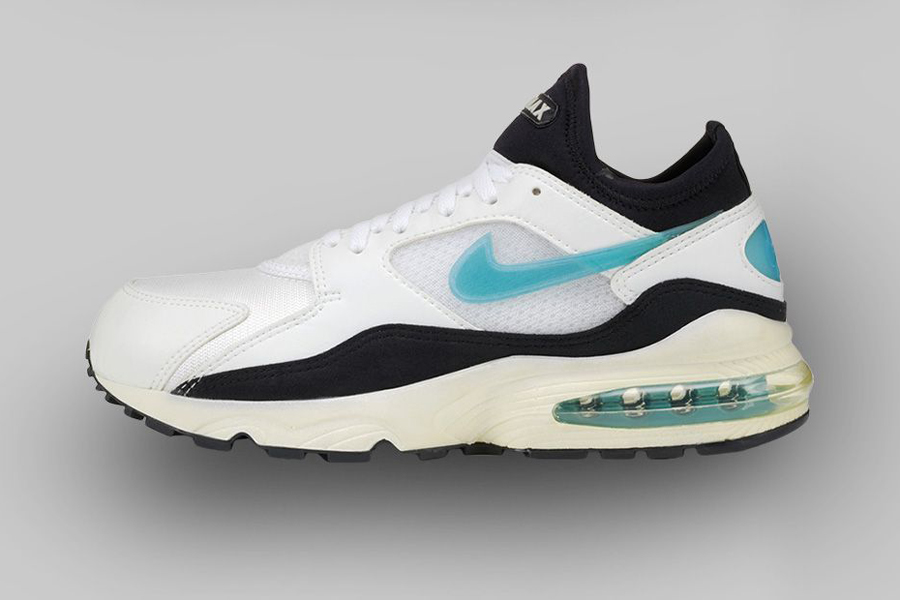
Nike Air Max 93 – 1993
The concept of “max Air” reached a new, well, maximum. Breakthroughs in blow-molding technology afforded room for 270 degrees of Air.

Nike Air Max 95 – 1995
For the AM95, designer Sergio Lozano drew inspiration from the human anatomy; specifically, the spine, ribs, and tendons. Pops of Neon Yellow made these an instant classic.

Nike Air Max 97 – 1997
Much like the bullet train that inspired its design, the AM 97 was built for speed, showcasing the first full-length visible Air midsole.
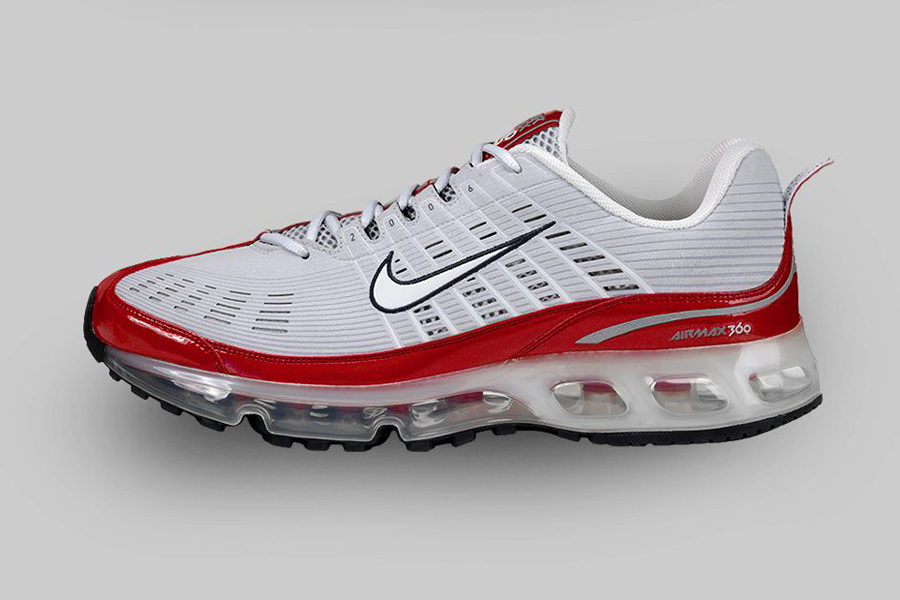
Nike Air Max 360 – 2006
The AM 360 realized Nike’s initial vision of running completely on Air with a thermoformed Air unit and laser-cut upper.
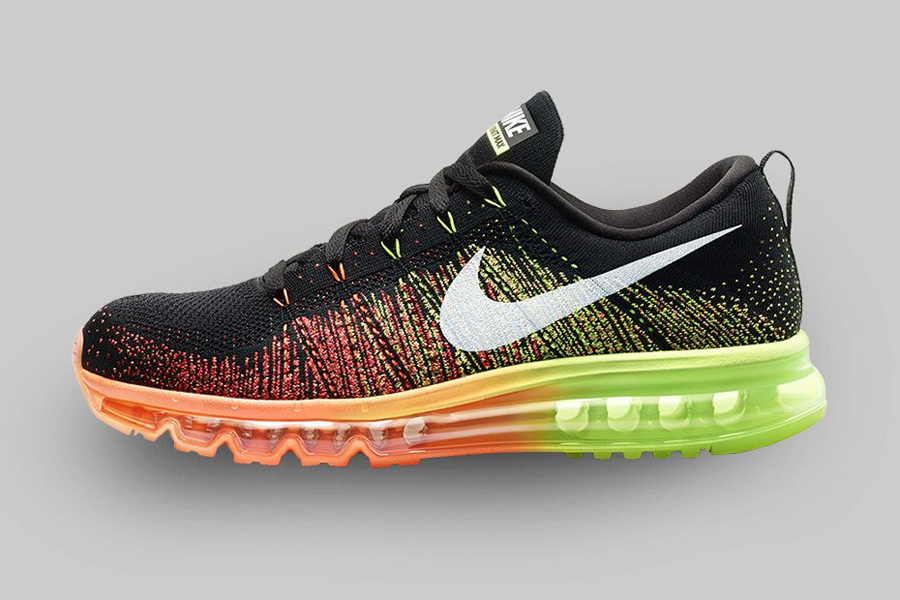
Nike Flyknit Air Max – 2014
Ultralight support meets maximum cushioning in the Nike Flyknit Air Max Men’s Running Shoe, featuring the most flexible Max Air unit yet and a woven one-piece Flyknit upper.


